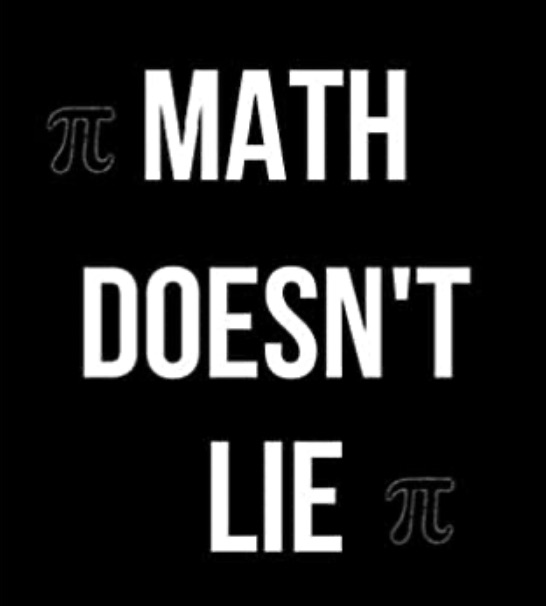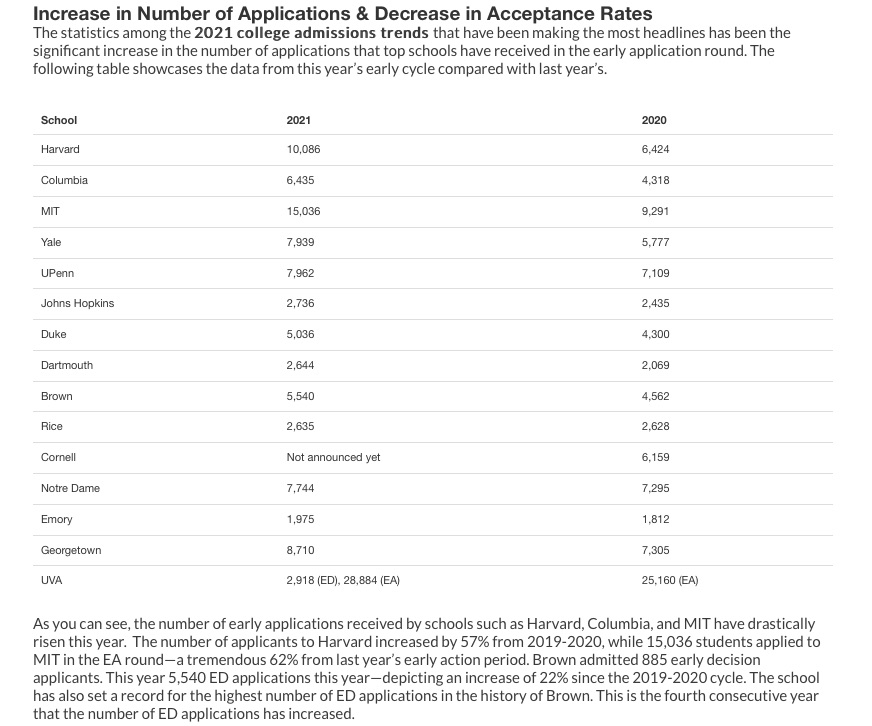
In the post-COVID, test-optional college admissions era, everyone seems to have a theory about college admissions. Here’s a small sampling based on what I’ve been hearing since the pandemic turned everything upside down: standardized tests don’t measure anything important, so committees aren’t counting them anymore; application numbers are actually DOWN at a lot of colleges, so don’t let the media make you crazy; and the vast majority of candidates don’t send scores in today’s college admissions game, so they can’t really be that important.
It’s great fun and perhaps a helpful mental exercise when laypeople put on their thinking caps and play pop admissions committee member (though I do wonder whether they play pop doctor in their kids’ physicians’ and therapists’ offices….), but people are getting hurt out there, people. The thing is, as with all sciences hard and soft, the key to theories is that they need to be, um, tested. And most of these theories don’t pass the test of making sense of simple math. As a college admissions consultant, it’s my pleasure to try to help mop things up a bit.
First, the reason most colleges waived the SAT/ACT admissions test requirement last year and this has little to do with the accuracy, precision, and efficacy of the exams themselves (yes, those ARE three different things). Ask any committee member behind closed doors (it’s not a particularly PC-stance to take), and s/he’ll likely tell you s/he’d LOVE to require them but it’s simply not fair given all the individual, statewide, and national closings of test centers COVID-19 caused and continues to cause. In almost all cases, the temporary waiving of entrance exam requirements has been a matter of social justice, as I discussed at greater length last spring in a two-part blog post: Standardized Tests, Social Justice, and College Admissions in 2021: How Media Present a False Dichotomy of the SAT/ACT that Hurts College-bound Students.
Second and third, the chart below shows a major disturbing trend to any applicant in 2021-22:

While it’s true that the increase in the sheer number of applications at selective schools as per above rose dramatically in 2020-2021 (not so much at schools that aren’t particularly selective, i.e., most of them), pairing this with the equally dramatic decrease in the the number of applicants opting to send SAT/ACT scores has led to the erroneous conclusion that not sending scores is a reasonable theory/strategy for top students. I’m sorry to say it’s not. Next time you’re at an Info Session at a selective college and a presenter proudly proclaims the school’s committee has signed a declaration asserting that it won’t count the lack of scores against a candidate, raise your hand and innocently ask how many accepted students last year chose to submit scores and how many chose not to. You will likely hear, if your presenter is honest, simple math that tells more truth than signed declarations: 1) 85-90% of accepted students to most test optional schools over the past five years sent scores, and only 10-15% of accepted students did not; 2) it is to the candidate’s statistical advantage to send scores even if they’re toward the bottom of a school’s reported range (usually 25th-75th percentile) for incoming freshmen. That’s some math that doesn’t have a bias, i.e., reason to lie.
So at CPE, what’s our advice based on this simple math? Good question, glad you asked.
After all the hard work most of our students have done over 3+ years in high school, college entrance exam season, the eleventh hour, is no time to go weak. The math tells you it’s ABSOLUTELY WORTH IT from a bottomline admissions perspective to study long and hard to earn the highest numbers on an SAT and/or ACT as you can. In fact, longer and harder than you likely think (but that would take a little more math and another blog post to flesh out). The simple math tells you even a score that might not have impressed committee members just two years ago might well impress them now. And the simple statements of the SAT Score Choice and ACT Superscoring policies tell you there is much upside and little to no downside for taking one or the other or both exams multiple times. Sorry, I didn’t make the rules, I just know them well so I can dispense the best strategic advice based on them.
If you’re a fall semester senior and are only just now smelling this coffee, don’t worry, breakfast is still being served! There are MANY opportunities to test and re-test this fall and CPE has private tutoring and small class options to fit your schedule and budget. Talk to your parents and advisors, make a grownup decision that will serve your future well, register for some pro help, and watch your college dreams come true!
